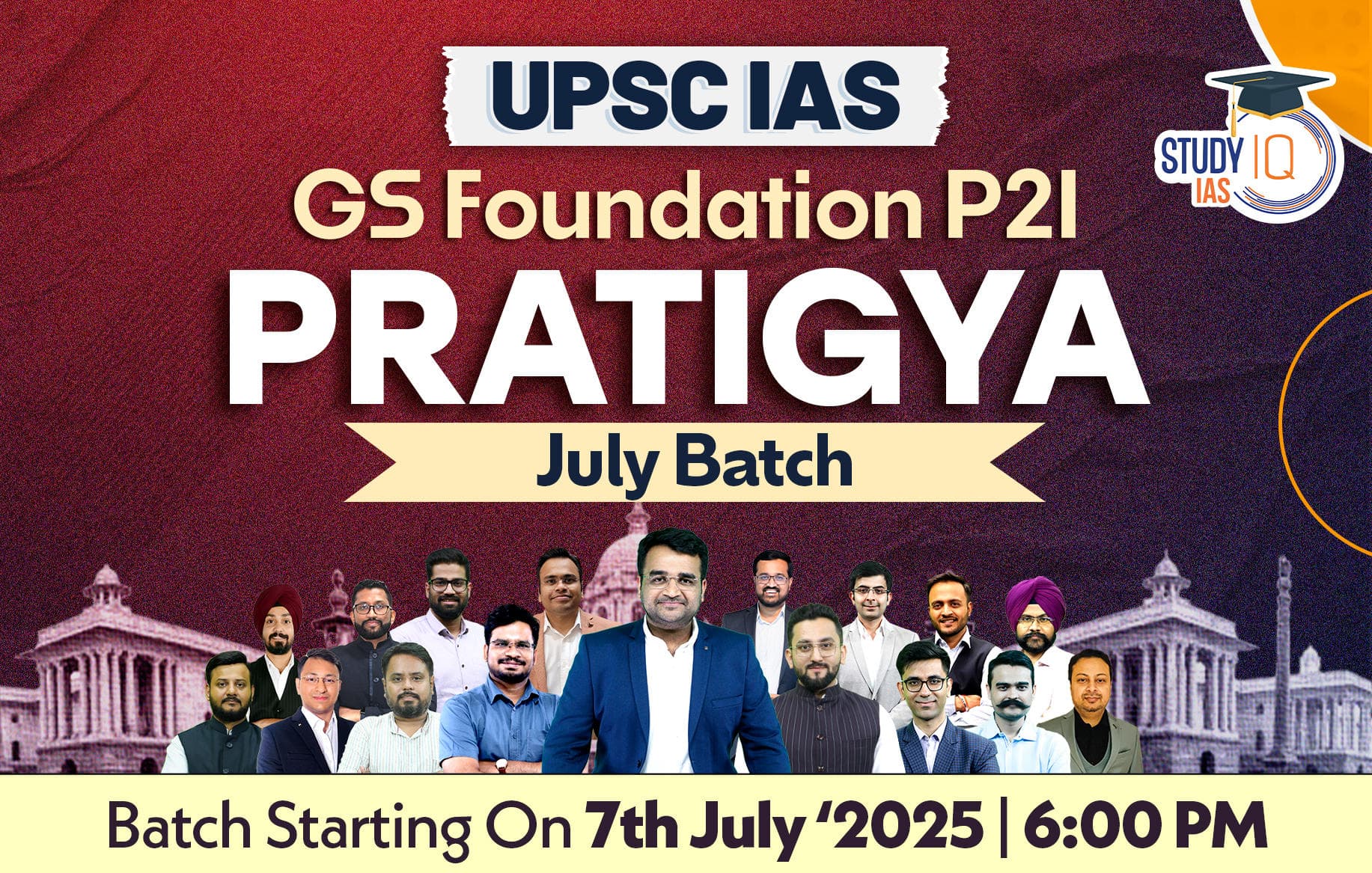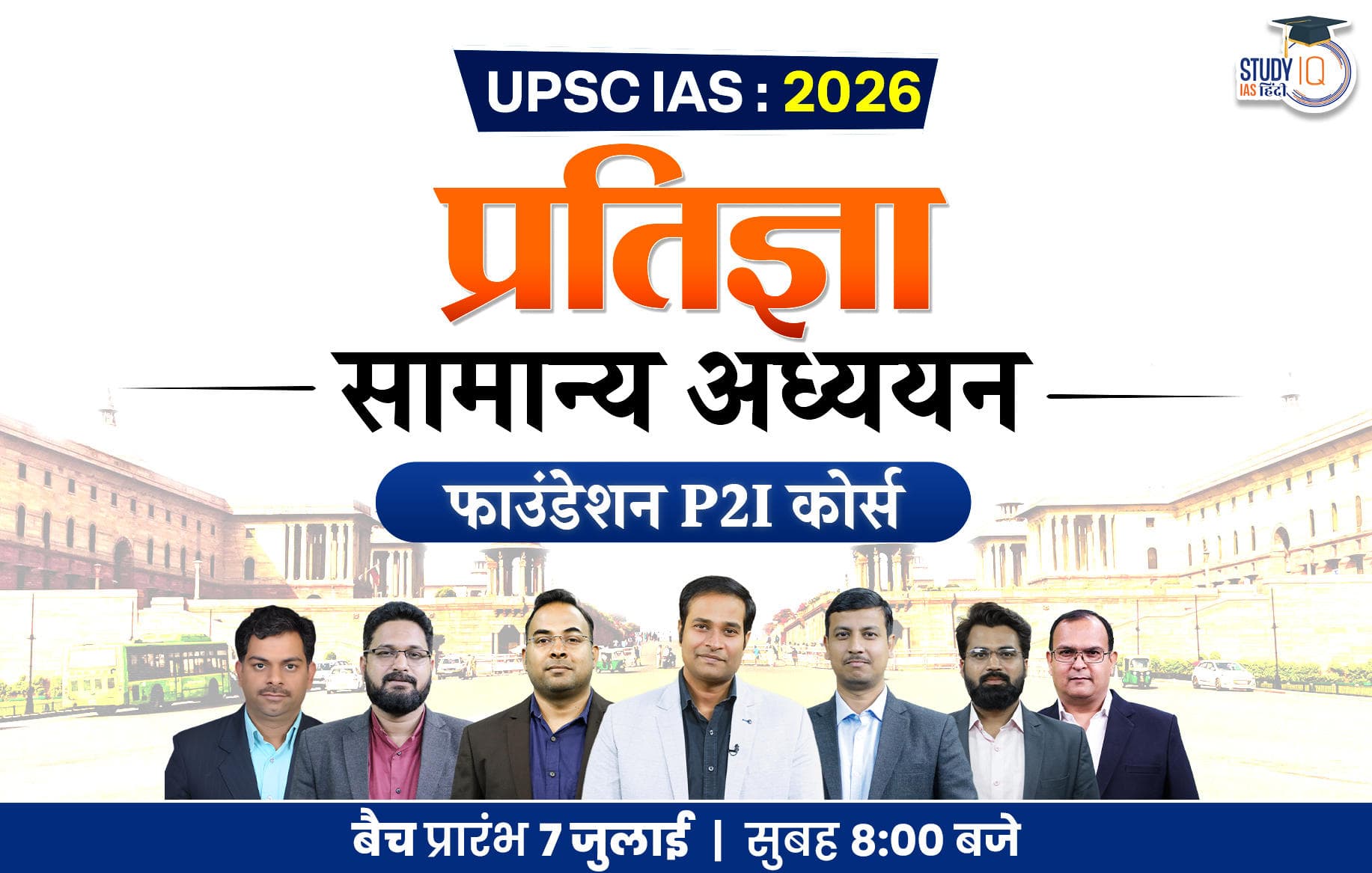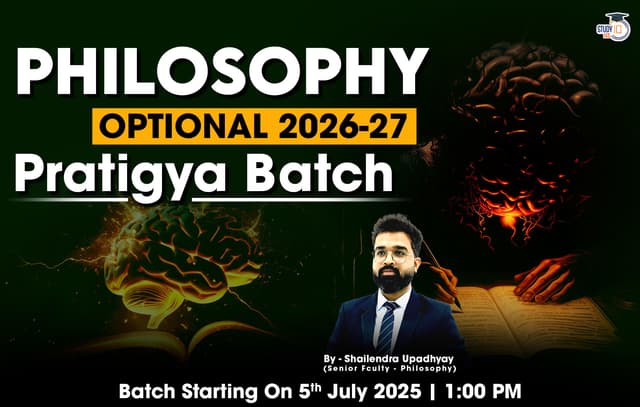The Hindu Newspaper Analysis for UPSC

The Hindu Newspaper Analysis 24 March 2023
The Representation of the People Act (RPA), 1951
- Section 8(1): This includes specific offences such as promoting enmity between two groups, bribery, and undue influence or personation at an election.
- A person will be disqualified if convicted and sentenced to imprisonment for not less than two years.
- The person is disqualified for the period of imprisonment and a further six years.
- Under Section 8(4) of the RPA, legislators could avoid immediate disqualification until 2013.
- The provision said that with respect to a Member of Parliament or a State legislator the disqualification will not take effect for three months.
- If within that period, the convicted legislator files an appeal or revision application, it will not take effect until the disposal of the appeal or application.
- In Lily Thomas vs. Union of India, the Supreme Court struck down clause (4) as unconstitutional, thus removing the protection enjoyed by lawmakers.
- Articles 102 & 191: Basic disqualification criteria for an MP are laid down in Article 102 of the Constitution and for an MLA in Article 191.
- Article 102 authorizes Parliament to make law determining conditions of disqualifications.
The Hindu Editorial Today
Grounds for disqualification under Constitution:
- Holding an office of profit under the Government of India or State Government
- Being of unsound mind
- Being an undischarged insolvent
- Not being an Indian citizen or for acquiring citizenship of another country.
- Tenth Schedule: Commonly known as the ‘anti-defection law’, it was meant to arrest the practice of legislators from changing political affiliations during their term in office.
- A member incurs disqualification under the defection law:
- If he voluntarily gives up the membership of the political party on whose ticket he is elected to the House;
- If he votes or abstains from voting in the House contrary to any direction given by his political party;
- If any independently elected member joins any political party; and
- If any nominated member joins any political party after the expiry of six months.
- Authority: The question of disqualification under the Tenth Schedule is decided by the Chairman in the case of Rajya Sabha and Speaker in the case of Lok Sabha.

- Judges who demit judicial office do not cease to be citizens of this country. They have not bartered away their fundamental rights for the pension they draw.
- They have a right to free speech and expression and a duty to speak up when they find the legislature, the executive or even the judiciary to be transgressing their limits.
- It will also be reasonable to hope and expect that the two high constitutional dignitaries will now discuss this issue and ensure that any further damage to India’s constitutional ethos is mitigated.

- A three-judge Bench of the Supreme Court on Friday clarified that a person who “is or continues to be” even a “mere member” of a banned organisation is liable to be found criminally liable under the Unlawful Activities (Prevention) Act (UAPA) for acting against the sovereignty and integrity of India.
- With this judgment, the Supreme Court has set aside a series of its own judgments which had concluded that “mere membership” — unlike “active membership” — of an unlawful association or organisation did not make a person criminal or a terrorist.
- The court referred to Article 19(4), which mandated that the citizens’ right to form unions or associations was subject to the power of the state to make laws to impose “reasonable restrictions” in the interests of the sovereignty and integrity of India or public order or morality.
About the Unlawful Activities (Prevention) Act:
- Passed in 1967, the law aims at effective prevention of unlawful activities associations in India.
- The Act assigns absolute power to the central government, by way of which if the Centre deems an activity as unlawful then it may, by way of an Official Gazette, declare it so.
- It has death penalty and life imprisonment as highest punishments.
- Under UAPA, both Indian and foreign nationals can be charged.
- It will be applicable to the offenders in the same manner, even if crime is committed on a foreign land, outside India.
- Under the UAPA, the investigating agency can file a charge sheet in maximum 180 days after the arrests and the duration can be extended further after intimating the court.
As per amendments of 2019:
- The Act empowers the Director General of National Investigation Agency (NIA) to grant approval of seizure or attachment of property when the case is investigated by the said agency.
- The Act empowers the officers of the NIA, of the rank of Inspector or above, to investigate cases of terrorism in addition to those conducted by the DSP or ACP or above rank officer in the state.
- It also included the provision of designating an individual as a terrorist.

- Most G20 countries see inflation as being sticky and easing more slowly than they would like and have reiterated they would remain on track with monetary tightening, said V. Anantha Nageswaran, India’s Chief Economic Advisor and co-chair of the Second G20 Framework Working Group meeting.
- Most member countries are also of the view that financial stability risks can be handled separately and need not constrain further interest rate increases if required, he said at a media interaction on Friday, the first day of the meeting.
- The G20 or Group of Twenty is an intergovernmental forum comprising 19 countries and the European Union (EU)
- The G20 is composed of most of the world’s largest economies, including both industrialized and developing nations, and accounts for around 90% of gross world product (GWP), 75–80% of international trade, two-thirds of the global population, and roughly half the world’s land area
- The G20 was founded in 1999 in response to several world economic crises
- Since 2008, it has convened at least once a year, with summits involving each member’s head of government or state, finance minister, foreign minister, and other high-ranking officials; the EU is represented by the European Commission and the European Central Bank

Who was Tipu Sultan?
- He was a ruler of the Kingdom of Mysore and the eldest son of Sultan Hyder Ali of Mysore.
- In the wider national narrative, Tipu has so far been seen as a man of imagination and courage, a brilliant military strategist who, in a short reign of 17 years, mounted the most serious challenge the Company faced in India.
- Contributions of Tipu Sultan:
- Fought the first Anglo-Mysore War (1767-69) at the age of 17 and subsequently, against the Marathas and in the Second Anglo-Mysore War (1780-84).
- He fought Company forces four times during 1767-99 and was killed defending his capital Srirangapatnam in the Fourth Anglo Mysore War.
- Tipu reorganised his army along European lines, using new technology, including what is considered the first war rocket.
- Devised a land revenue system based on detailed surveys and classification, in which the tax was imposed directly on the peasant, and collected through salaried agents in cash, widening the state’s resource base.
- Modernised agriculture, gave tax breaks for developing wasteland, built irrigation infrastructure and repaired old dams, and promoted agricultural manufacturing and sericulture. Built a navy to support trade.
- Commissioned a “state commercial corporation” to set up factories.

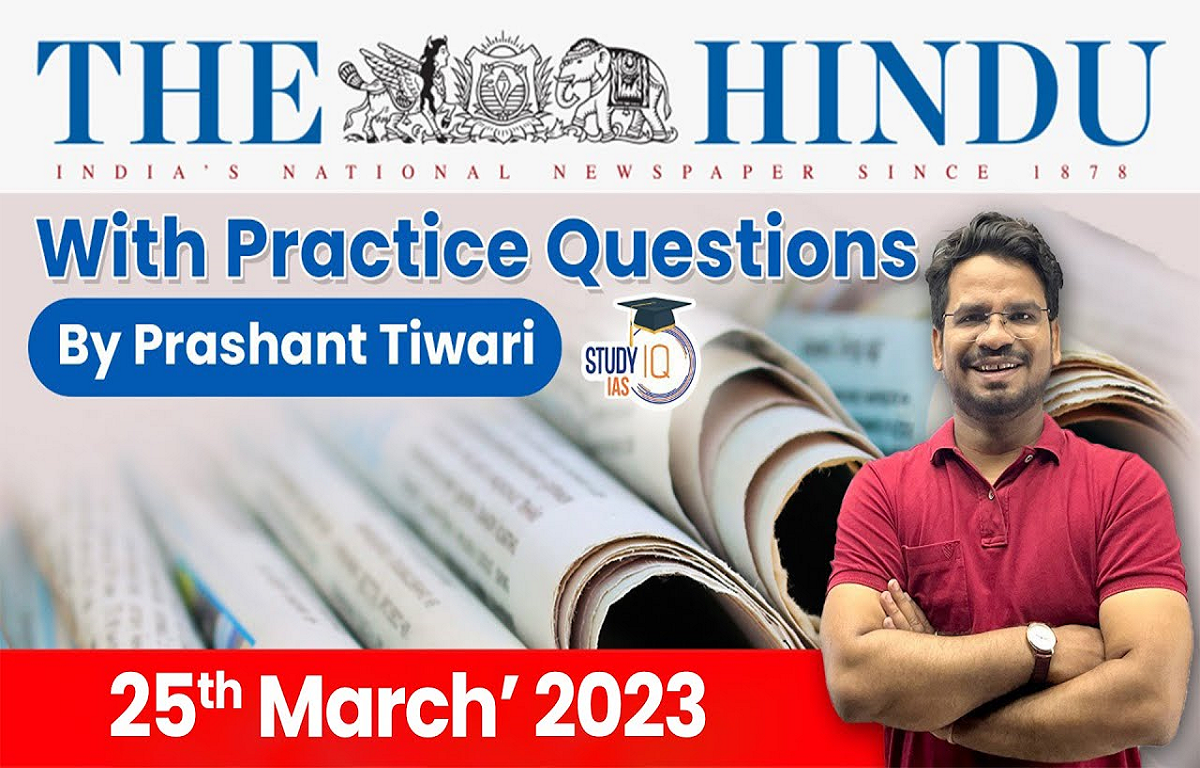
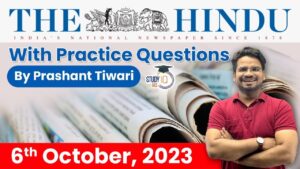 The Hindu Newspaper Analysis 6 October 2...
The Hindu Newspaper Analysis 6 October 2...
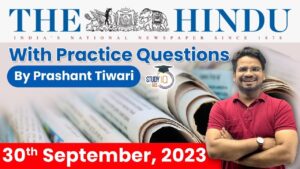 The Hindu Newspaper Analysis 30 Septembe...
The Hindu Newspaper Analysis 30 Septembe...
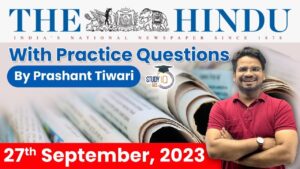 The Hindu Newspaper Analysis 27 Septembe...
The Hindu Newspaper Analysis 27 Septembe...

